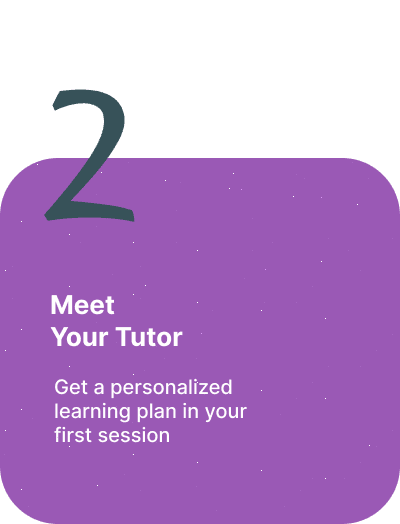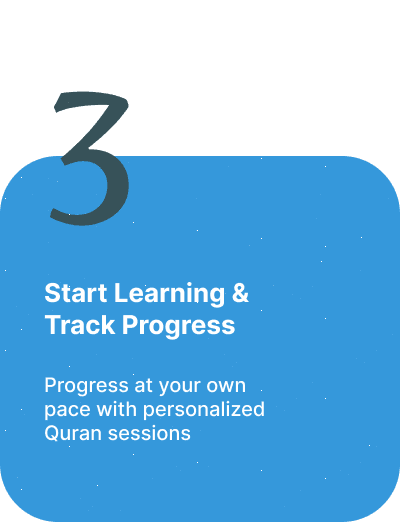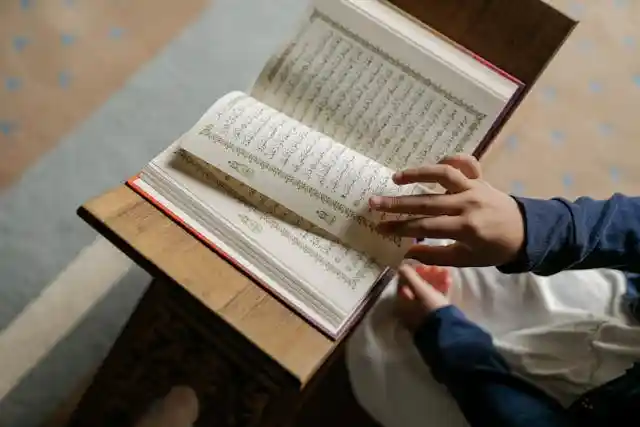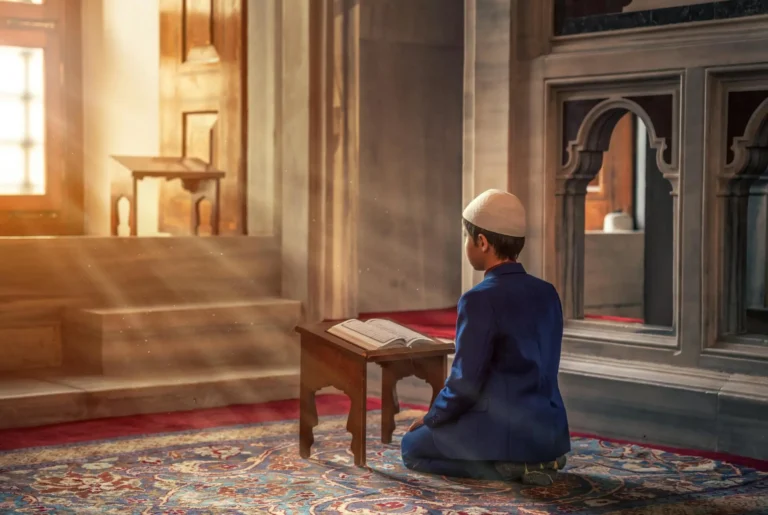Every child’s journey with Islam is a sacred adventure—one that begins with curiosity, grows with understanding, and blossoms into a lifelong connection with Allah. Our Basic Islamic Knowledge Course is meticulously crafted to guide young hearts through this journey, combining timeless teachings with modern, interactive methods. Designed for children aged 3 to 12, this course is more than a curriculum—it’s a gateway to cultivating love for Allah, the Quran, and the Prophet Muhammad (peace be upon him). Let’s explore what makes this course a transformative experience for families worldwide.
Pre-School (Ages 3–5): Where Faith Begins with Wonder
At this tender age, children learn best through play, imagination, and sensory engagement. Our pre-school program is a vibrant world of:
- Storytelling Magic: Tales of Prophet Muhammad’s (pbuh) kindness, the patience of Prophet Yunus, and the wisdom of the Imams come alive through puppets, felt boards, and animated videos.
- Surah Sing-Alongs: Little voices chant Al-Fatihah and Al-Ikhlas to catchy tunes, turning memorization into a joyful game.
- Daily Duas as Habits: Stickers and reward charts encourage saying “Bismillah” before meals, “Alhamdulillah” for blessings, and “Assalamu Alaikum” with hugs.
- Allah’s Creation Explorations: Nature walks, craft projects (like “Design Your Own Starry Sky”), and simple science experiments (“Why Do Leaves Fall?”) spark awe for Allah’s universe.
Example Activity: The “Thank You, Allah!” Jar—Kids drop colorful pom-poms into a jar each time they notice a blessing (a sunny day, a friend’s smile), teaching gratitude (shukr) in action.

✨ Grade 1: Building a Friendship with Allah ✨
First graders transition from “learning about” Islam to “connecting with” it. This year focuses on:
- Who is Allah?: Through relatable analogies—Allah as the Best Artist (creator of rainbows), the Best Listener (hearing their secret duas)—children build a personal relationship with Him.
- Prayer as a Conversation: Kids practice Wudu with water-play activities and learn Salah motions through song (“This is the way we bow to Allah…”).
- Quran Detectives: Using magnifying glasses and “decoder” sheets, they identify Arabic letters in short Surahs and grasp basic meanings (e.g., Al-Ikhlas teaches Allah’s uniqueness).
- Prophet Muhammad’s (pbuh) Love: Interactive stories highlight his honesty (the title Al-Amin), love for animals, and kindness to children.
Parent Partnership: Families receive a “Home Mosque Kit” with a mini prayer rug, dua flashcards, and a moon-phase calendar to track Ramadan.
🌱 Grade 2: Faith in Action—Ethics, History, and Identity 🌱
Grade 2 bridges belief with behavior. Students explore:
- Pillars of Iman (Faith): Simplified lessons on angels, prophets, and the Quran using visual aids (e.g., “Match the Angel to Their Role” worksheets).
- Prophetic Character (Akhlaq): Role-playing scenarios teach honesty (what to do if you break a toy), sharing (sadaqah), and empathy (“How would you cheer up a sad friend?”).
- Sirah Adventures: A virtual “Time Travel to Mecca” module lets kids “meet” young Muhammad (pbuh), witness the first revelation, and reenact the Hijrah with map puzzles.
- Islam in My World: Projects like “Muslim Heroes in Our Community” (interviewing a local imam or nurse) and “Eco-Friendly Muslims” (Quranic lessons on caring for the Earth).
Example Project: The Kindness Tree—Each act of goodness (helping a sibling, feeding a bird) adds a leaf to a classroom tree, reflecting the Hadith: “Even a smile is charity.”
📚 Grades 3–5: Young Scholars of Quran, History, and Worship 📚
Older students delve into deeper understanding and critical thinking:
- Quranic Tafsir Lite: Using storytelling and art, they unpack themes in longer Surahs (e.g., Al-Kawthar as a reminder of Allah’s gifts).
- Hadith Harvest: Kids analyze sayings like “Seek knowledge from the cradle to the grave” through debates (“Why is learning important?”) and skits.
- Islamic History Quest: Timeline games, virtual tours of Alhambra, and graphic novels bring the Golden Age, Sahaba, and Muslim inventors to life.
- Fiqh Fun: Step-by-step guides to prayer, fasting, and Hajj—complete with a “Virtual Hajj Simulation” where students “pack their suitcases” and follow the Kaaba’s rituals.
- Money Matters the Halal Way: Board games teach Zakat math, saving vs. wasting (israf), and ethical entrepreneurship (“Design a Lemonade Stand with Fair Prices”).
Capstone Project: The “Young Mufti” Challenge—Students solve real-life dilemmas (e.g., “Your friend copied homework—what would the Prophet do?”) using Quranic verses and Hadith.
🌠 Core Pillars of the Course: More Than Just Lessons 🌠
Our curriculum rests on four foundational pillars, ensuring holistic growth:
- Aqeedah (Creed) Made Relatable
- Belief in Allah: Lessons compare His attributes to things kids understand (e.g., “Allah is like the Wi-Fi—unseen but always there!”).
- Angels & Jinn: Interactive stories (e.g., “Guardian Angels on Duty”) demystify the unseen world.
- Afterlife: Gentle discussions using metaphors (Paradise as a “forever garden of happiness”).
- Ibadah (Worship) with Heart & Mind
- Salah: Animations show how each movement connects to humility and gratitude.
- Ramadan: A 30-day “Good Deeds Calendar” with challenges like “Fast a half-day with Dad.”
- Hajj: Virtual reality tours of Mecca and DIY Kaaba models craft a sense of global Muslim unity.
- Quran & Hadith—Lessons for Life
- Tajweed Basics: Tongue-twister games to master Arabic pronunciation.
- Hadith Journals: Kids illustrate their favorite sayings and apply them weekly (“I forgave my friend like the Prophet taught!”).
- Islamic Identity in a Modern World
- Anti-Bullying through Quran: Verses about respect (“No one ridicules another”) guide classroom rules.
- Digital Citizenship: Hadiths on honesty and kindness applied to online behavior.
- Interfaith Awareness: Stories of Prophet Muhammad (pbuh) interacting with non-Muslims foster tolerance.
🎉 Why Families Choose Us 🎉
- Child-Centered Approach: Lessons adapt to learning styles—kinesthetic learners pray while moving, visual learners explore Quranic art.
- Safe & Inclusive: Characters in stories represent diverse Muslim cultures (African, Arab, South Asian).
- Tech-Integrated Learning: Apps like “Quran Quest” gamify memorization; YouTube nasheeds make lessons stick.









